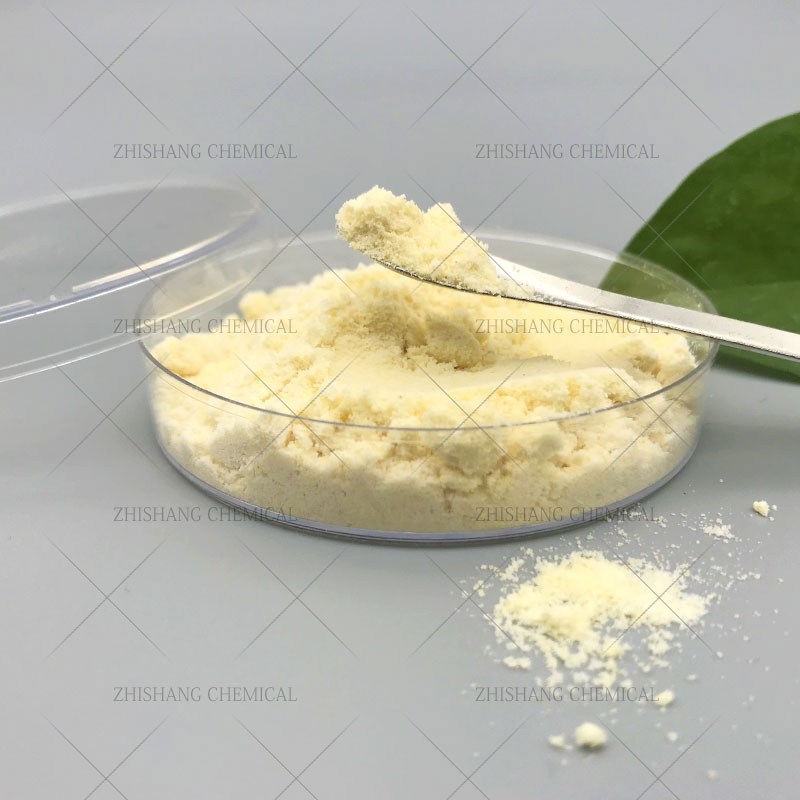Food Additives
- • Coating Agent (19)
- • Preservative (33)
- • Coloring Agent (38)
- • Gum Base Agent (25)
- • Anticaking Agent (7)
- • Food Antioxidants (41)
- • Enzyme (48)
- • Flour Treatment Agent (4)
- • Leavening Agent (1)
- • Bleach (3)
- • Other Food Additives (83)
- • Emulsifier (24)
- • Food Flavorings (27)
- • Water Retention Agent (1)
- • Acidity Regulators (5)
- • Sweeteners (35)
- • Stabilizer and Coagulants (4)
- • Defoamers (5)
- • Nutrition Supplements (151)
- • Thickener (29)
- • Odorants (29)
- • Colorant (16)
Related News
-
What is the monomer of an enzyme and its benefits?
2022-10-19 -
Who coined the term enzyme, and how does it work?
2022-08-08 -
Get to know about how does guaiacol work
2022-03-09 -
Functional enzyme development: plant-based wave has spawned new enzymes
2020-08-03 -
Scientists Engineer Plastics-Eating Enzyme
2018-04-18 -
Food and Beverages Among Top Demand Drivers for Industrial Enzymes
2018-02-24
Enzyme
Ficin
(9001-33-6)-
Food Grade / 99%
-
Food Grade / 99%
-
Food Grade / 98%
-
![Ficin froM Fig Tree Latex buy Ficin froM Fig Tree Latex]()
food Grade / 99%
$2/KG EXW
Request for quotation , get quotes from more suppliers.
More Information
Enzymes help a lot in food breakdown and digestion. These catalysts, such as amylase, lipase, and protease enzymes, are crucial for protein digestion and maintaining cellular functions.
Enzymes affect reactions in living cells by changing the rate at which these reactions occur. For example, digestive enzymes help break down food; yeast enzymes in the bread fermentation process assist the dough in rising.
Causes affecting enzymes:
● Temperature: excessive heat denatures enzymes, while extreme cold slows their function.
● pH: pH levels impact enzymes, affecting their efficiency and effectiveness.
● Food processing methods: Different methods used can either enhance or inhibit enzyme activity, which influences the quality and properties of food products.











